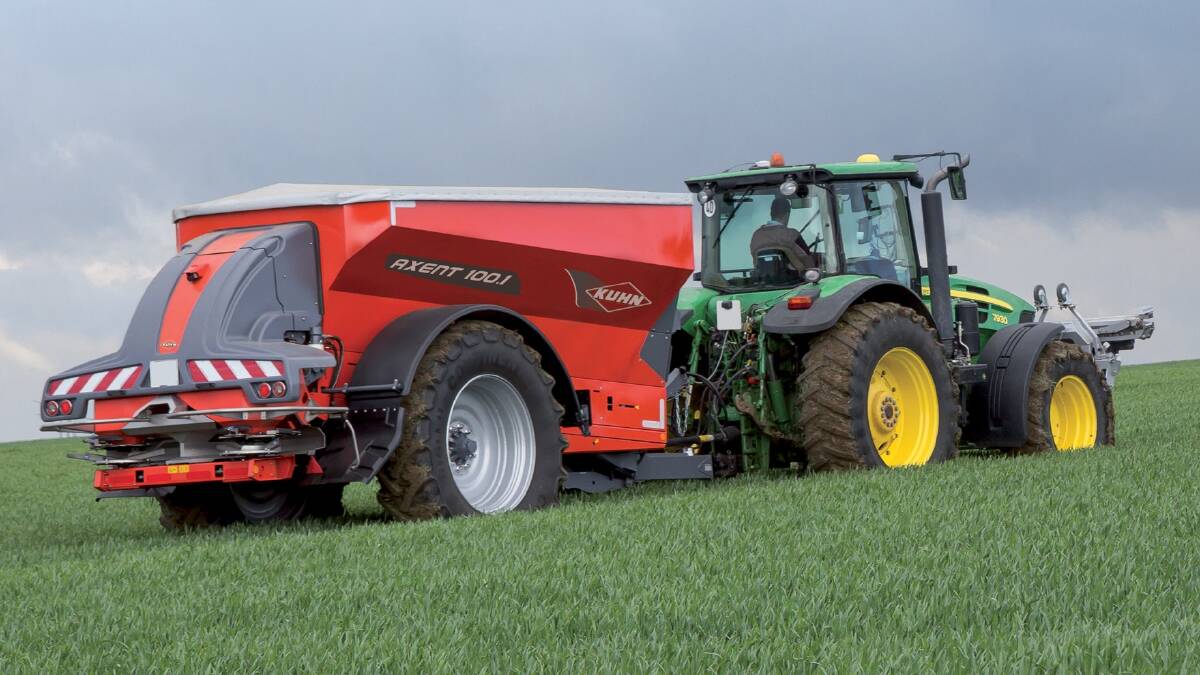
Victorian croppers are set to endure sky-high prices ahead of sowing, despite the dramatic global fertiliser price correction.
Subscribe now for unlimited access to all our agricultural news
across the nation
or signup to continue reading
While international urea prices have fallen from recent highs of AUD$1215 per tonne for purchase, free on board Middle East in December, to $815/t this month, that fall is unlikely to be passed on the farmers in its entirety, according to Thomas Elder Markets analyst Andrew Whitelaw.
"That $815/t is still extremely high compared to the average price of $400-$500/tonne," Mr Whitelaw said.
"Prices have been extremely volatile."
The prices of natural gas and coal, the two main sources of energy used to produce fertiliser, have "skyrocketed" in the past year, which was the main catalyst for the record high fertiliser price.
The high energy prices have hit some of Australia's biggest international suppliers, which Mr Whitelsaw said had consequently acted to safeguard supplies for their own domestic markets.
"In Australia, there were suppliers getting farmers to pay in advance so they could go to vessel with a known demand," he said.
"That $815/tonne is a fall of 35 per cent so the big question is, when will that fall be reflected in Australia?
"Victorian growers are running out of time ahead of winter sowing and their choices are limited."
But Australian fertiliser suppliers were unlikely to pass the price fall on to farmers this financial year, he said, while they offload inventory purchased at higher values.
"It is called sticky pricing - when prices have a tendency to remain high for longer," Mr Whitelaw said.
"High overseas prices get passed on immediately, but when they fall, there tends to be a delay in passing on that price.
"Unlike grain and most commodities, there is limited transparency and access to retail fertiliser prices in Australia."
Many Victorian farmers yet to secure fertiliser are either waiting until the last minute or rationing their crop inputs, he said.
Analysts believe many farmers will thin the use of fertiliser, leading to lower yield and higher food prices.
"Nitrogen-fixing pulses will be a popular alternative, and manure is popular if it is available in your area," Mr Whitelaw said.
"Farmers are certainly looking at the sums and applying the minimum input to be more efficient and reduce costs."



